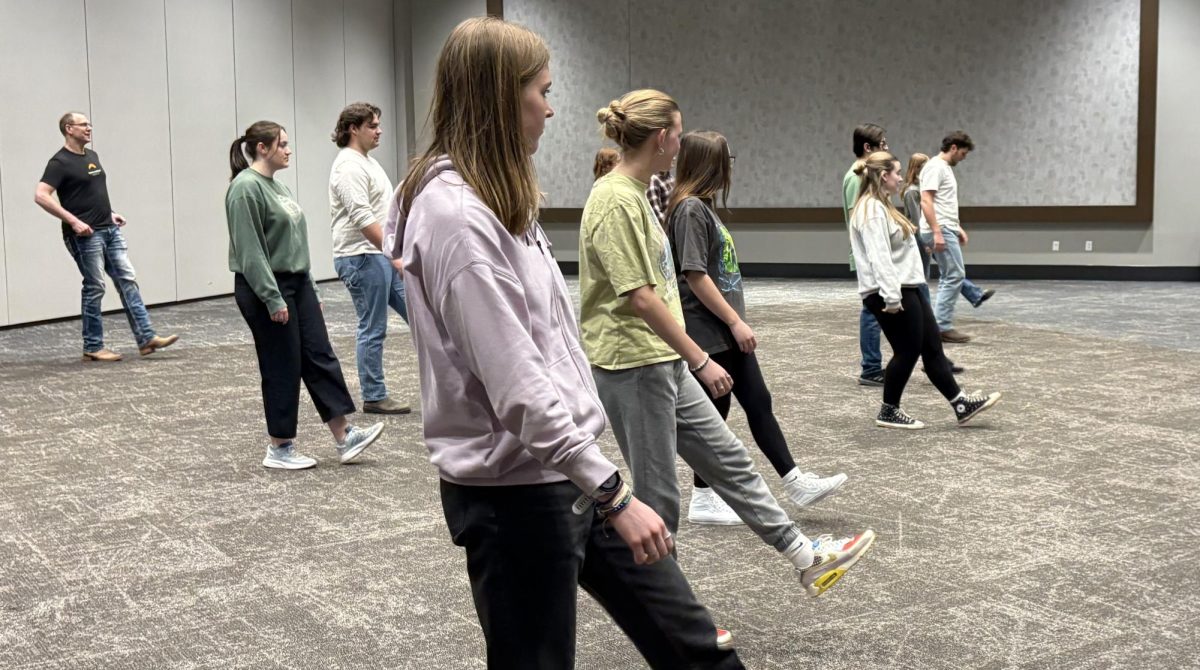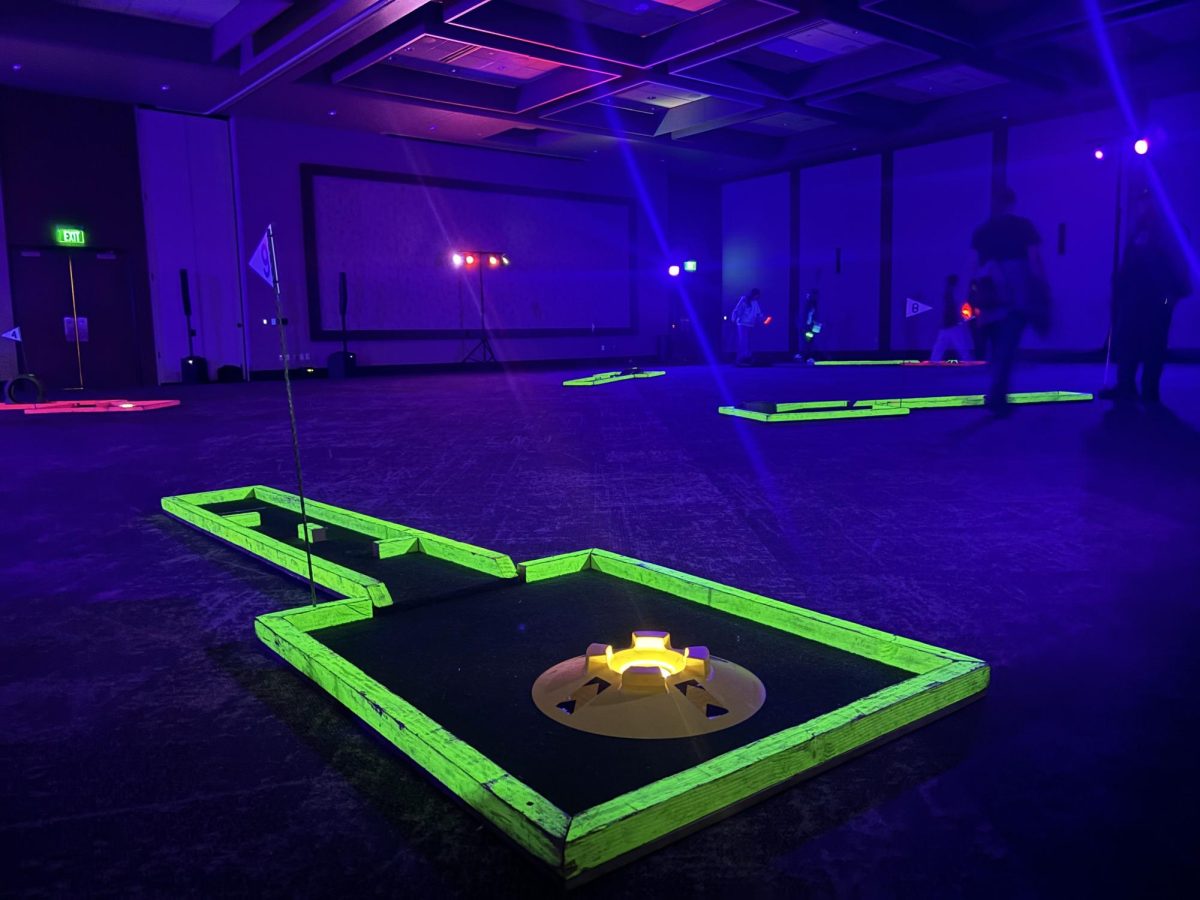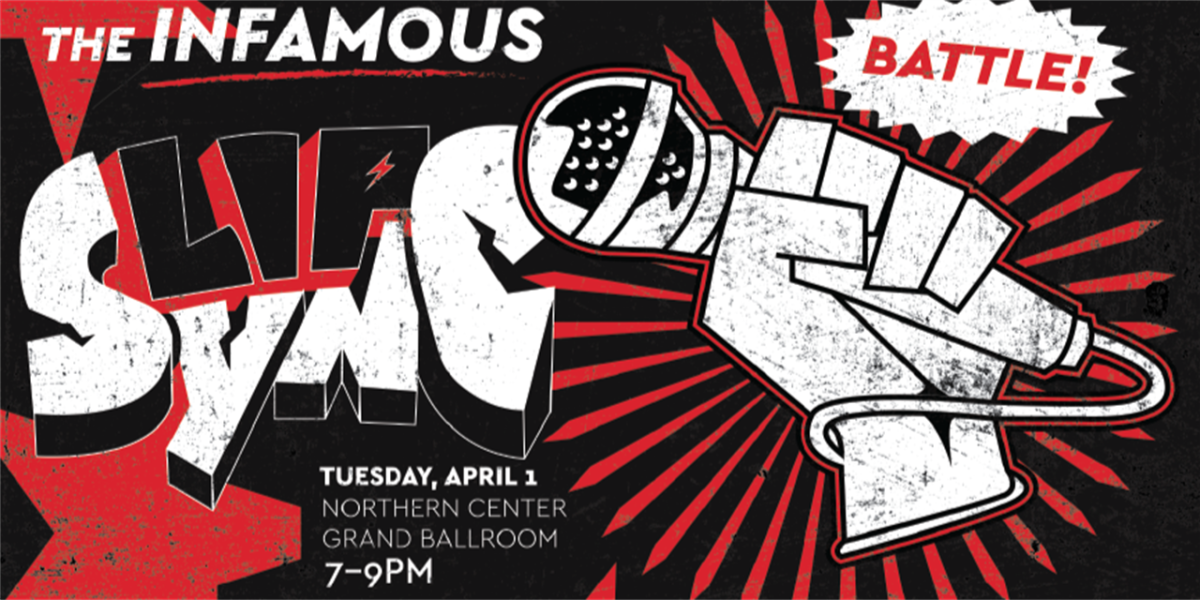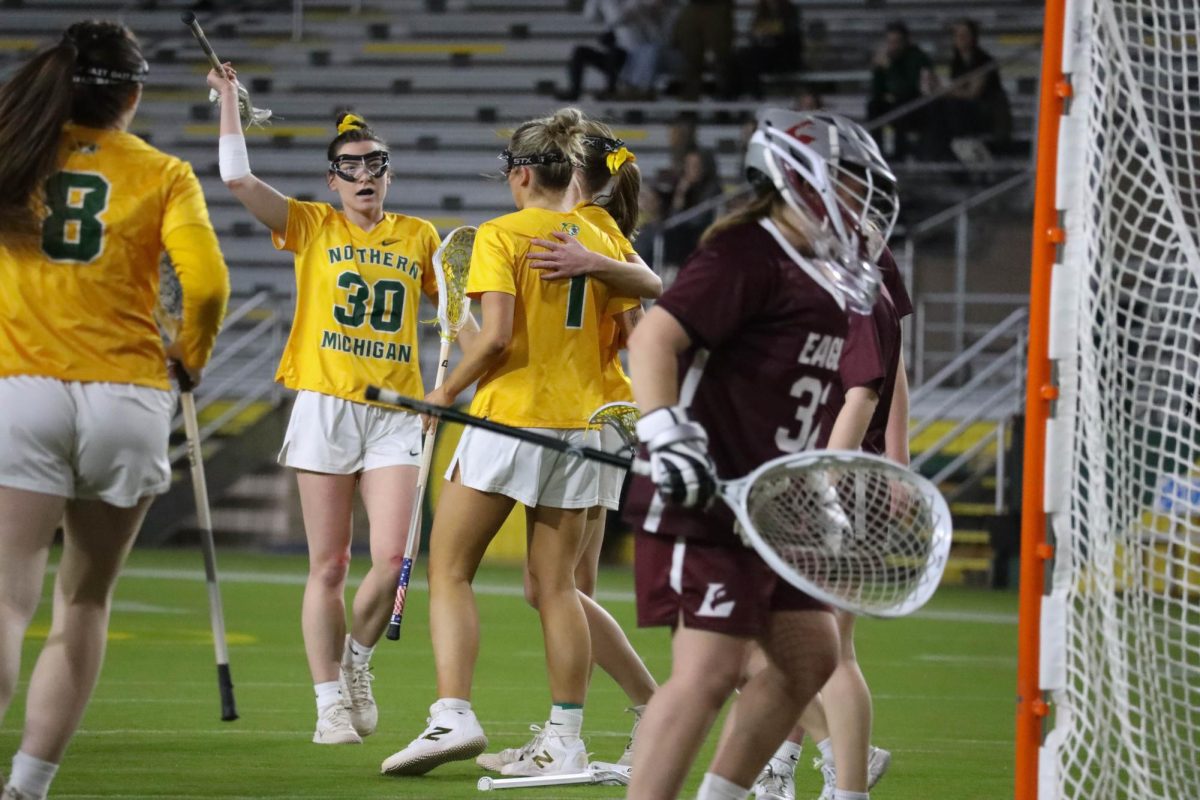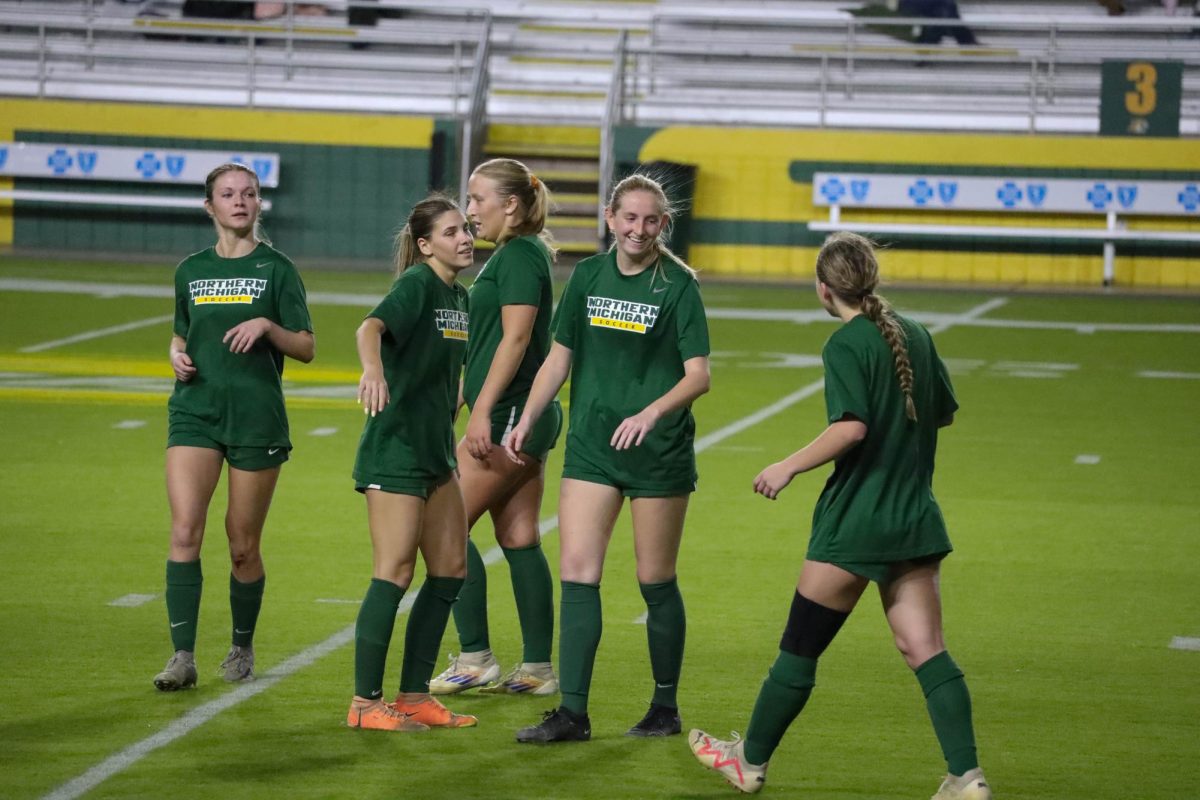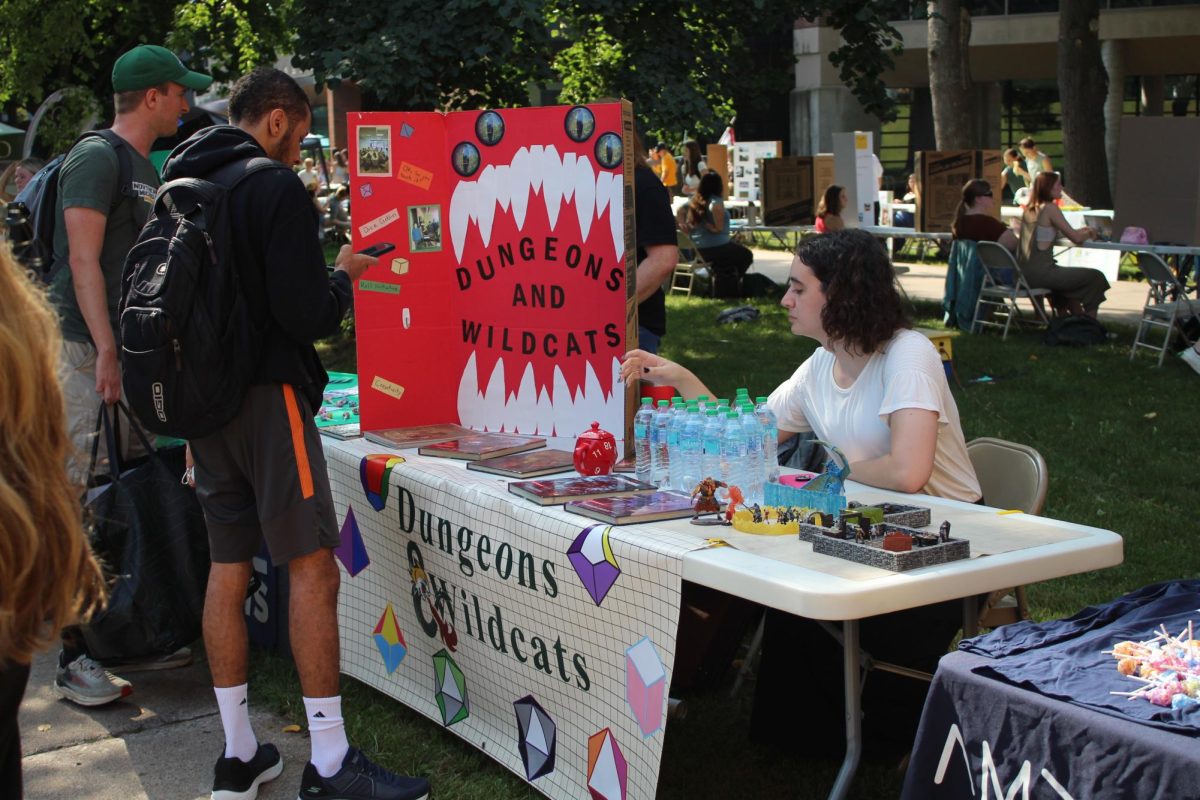As an English writing major, I often joke that I can’t do math, meanwhile my friends in the sciences say they can’t “English” right. It’s all for laughs—and I do rely on my trusty calculator—but deep down there’s a greater truth to it: We’re specialized, or at least we allow our skills to be.
Sure, going to college we learn a profession and expect to enter the workforce in a career related to that field, equipped with all the jargon and particular know-how that job needs.
But our world is more complex than that, and we should strive to be too. Employers today prefer free-thinkers who bring a wide assortment of fresh ideas to the table, to innovate and better compete in our ever-changing economy.
As students and (hopefully) future earth-shakers, we should keep that in mind—especially when we’re bored.
I’m talking about that college composition class from 6 to 9 p.m. or intro to anthropology at 8 a.m. or psychology lab when you’d rather be out enjoying your weekend. When those classes don’t directly pertain to your major, it’s easy to forget why you’re in them at all. Answer: because you have to.
It’s those liberal studies division requirements we Wildcats have found ourselves despising at one time or another. It’s easy to curse those annoying credits off-hand as pesky, especially when we’re configuring course schedules and registering for classes or when we’re falling asleep on our desks, but please don’t hate me for saying those studies are mandatory for the best of intentions.
They’re intended to ensure we graduate as well-rounded and capable students.
In my own life, both in college and the workforce, I’ve found facts, skills, philosophies and problem-solving approaches I learned in those oddball courses to be monumentally helpful. I look at the world differently because of mythology, environmental science and adventure-based learning. And I’ll never forget cooking pizzas on a camp stove on my outdoor recreation class’s backpacking trip.
All of this—yes, all of it—I credit with making me a better student, worker and person in general.
While every position requires on-the-job training anyway to get to know the specific ins and outs of a profession, it won’t necessarily teach you the history of China and the wisdom that can be gleaned from Confucius.
A liberal arts education expands communications and critical-thinking abilities. I can’t look at a problem without approaching it through anthropological, biological and many other useful lenses. In order to do, to solve and to accomplish, we must first understand our world and those that inhabit it.
But what we learn only counts if we bother to remember it. It doesn’t matter how much information passes through our brains if we don’t retain the knowledge. Few can remember, everything (and I don’t expect anyone to do so), but key points, concepts and hands-on skills, they’re something we should all try our best to be able to recall and to perform well.
Because when the moment arises and you find yourself as the only person in the office, lab or garage who has the faintest idea what’s going on and how to solve a problem, whether it’s with an operating system, a specimen or a customer, your Herculean labors in mythology won’t be in vain.
Who wants to be just a one-trick pony, where all you are really proficient in is composing poetry or looking through a microscope? Why not do both? Why not do it all, if not during your time in college, then after and always. We should never stop learning. Personally, I’d rather be a Jack of as many trades as I can learn, and I’m pleased to say I’m already well on my way.
So try not to fall asleep, OK?





